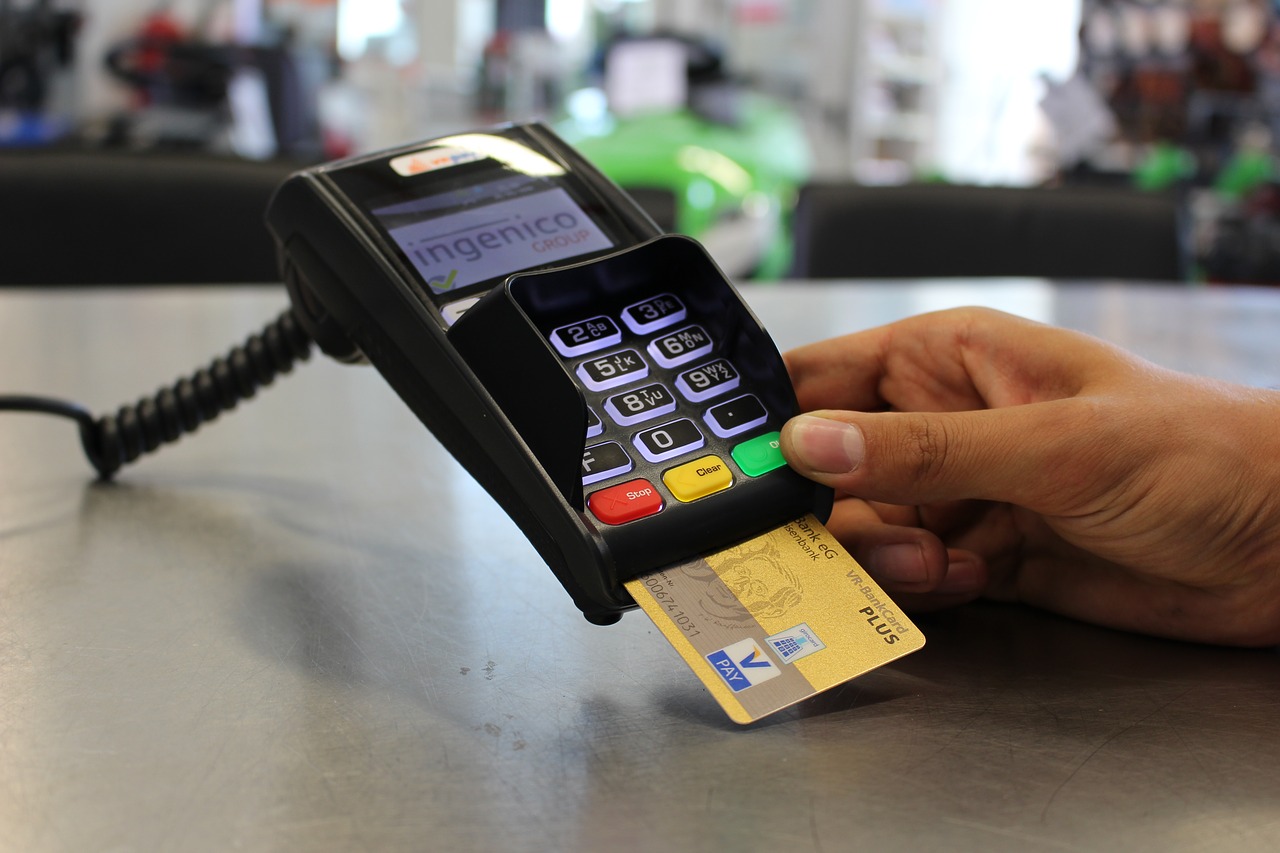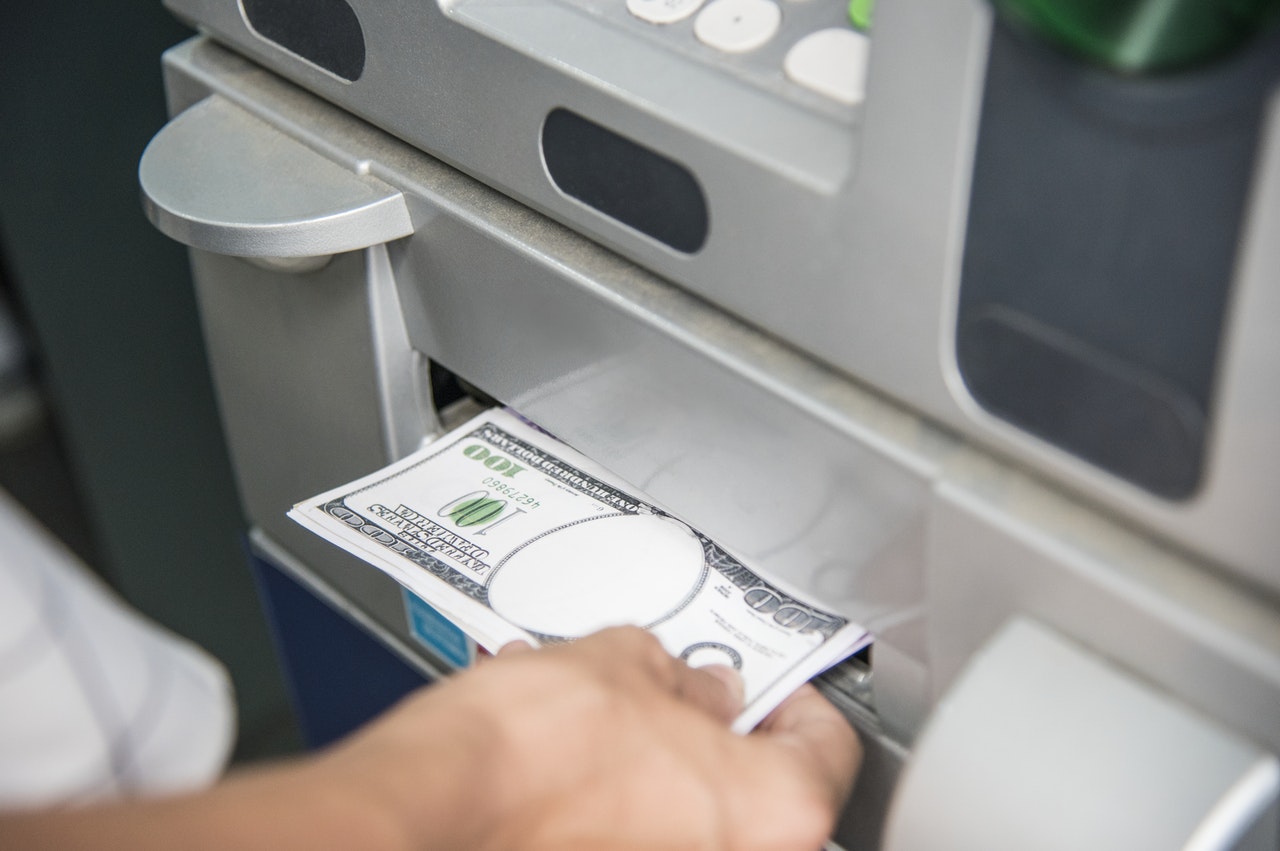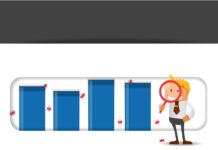The term ‘cashless society’ has been bandied for some years now but given that physical cash still circulates the world on a daily basis, it may seem difficult to comprehend exactly what a cashless society might look like.
As the name would suggest, a cashless society is one in which no physical cash is used as currency, but rather transactions are conducted using only credit/debit cards or online, digital transfers. Here are some of the potential implications of a society ditching cash altogether.
Are We Becoming a Cashless Society?

With the rise of the card and online payments, it is only natural that the need for cash has declined over the years. Between 2006 and 2016, using cash for payments fell by 22%, from 62% to 40% of all payments, showing just how significant the decline in cash payments has been.
If this trend continues, which seems increasingly likely, then it could well be the case that we are well on our way to a cashless society, which would have many implications for individuals and (smaller) businesses alike. With money existing only in the digital form in the near future, many may have to make changes in the coming years.
Cash Businesses

Those most likely to feel the effects first will be businesses which rely solely or heavily on cash in order to function. There are still many traditional market stalls, for instance, which accept only cash for payments. Companies which specialise in providing cash loans would have to get rid of this offering, and many smaller businesses which operate outside without main electricity may find it more difficult to take payments.
That being said, most of these businesses should have had plenty of time to adapt to the notion of a cashless society, and have made the necessary changes to be able to function without having to accept cash only payments.
Benefits

Whilst it may at first seem like a lack of cash could make life more difficult, there are actually plenty of benefits which would come with getting rid of cash. For one, scrambling around for change would become a thing of the past, and having the possibility to be able to pay for anything with one piece of plastic (credit/debit card) may be far more convenient.
The rise of contactless card payments has shown just how quickly and easily small payments can be made, and it is worth noting that digital money is far harder to steal than physical cash. Provided the technology is in place to facilitate all types of cashless payments, it could well introduce far more efficiency into the economy.
Whilst there may be some growing pains associated with the shift to a cashless society, it seems that the long-term benefits could be significant, and so it is perhaps unsurprising that many countries are already making preparations for the transition. As such, it could well be the case that a cashless society will come about sooner than we think.

























